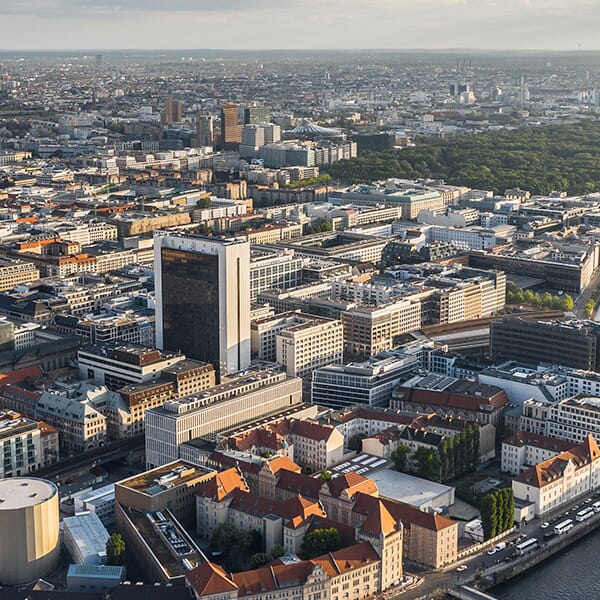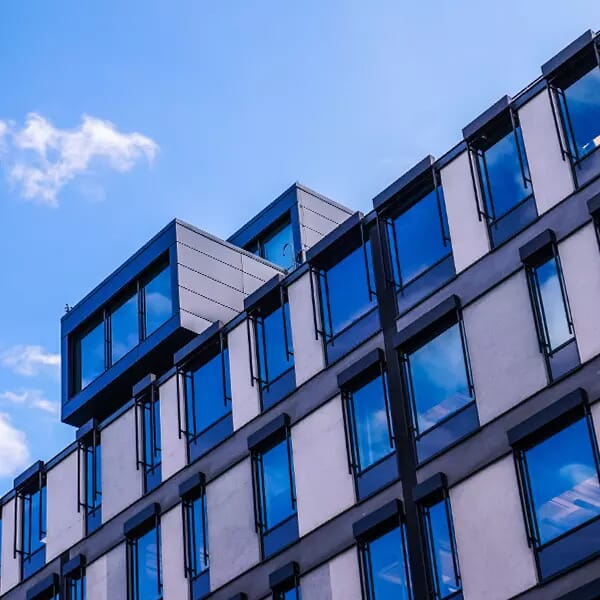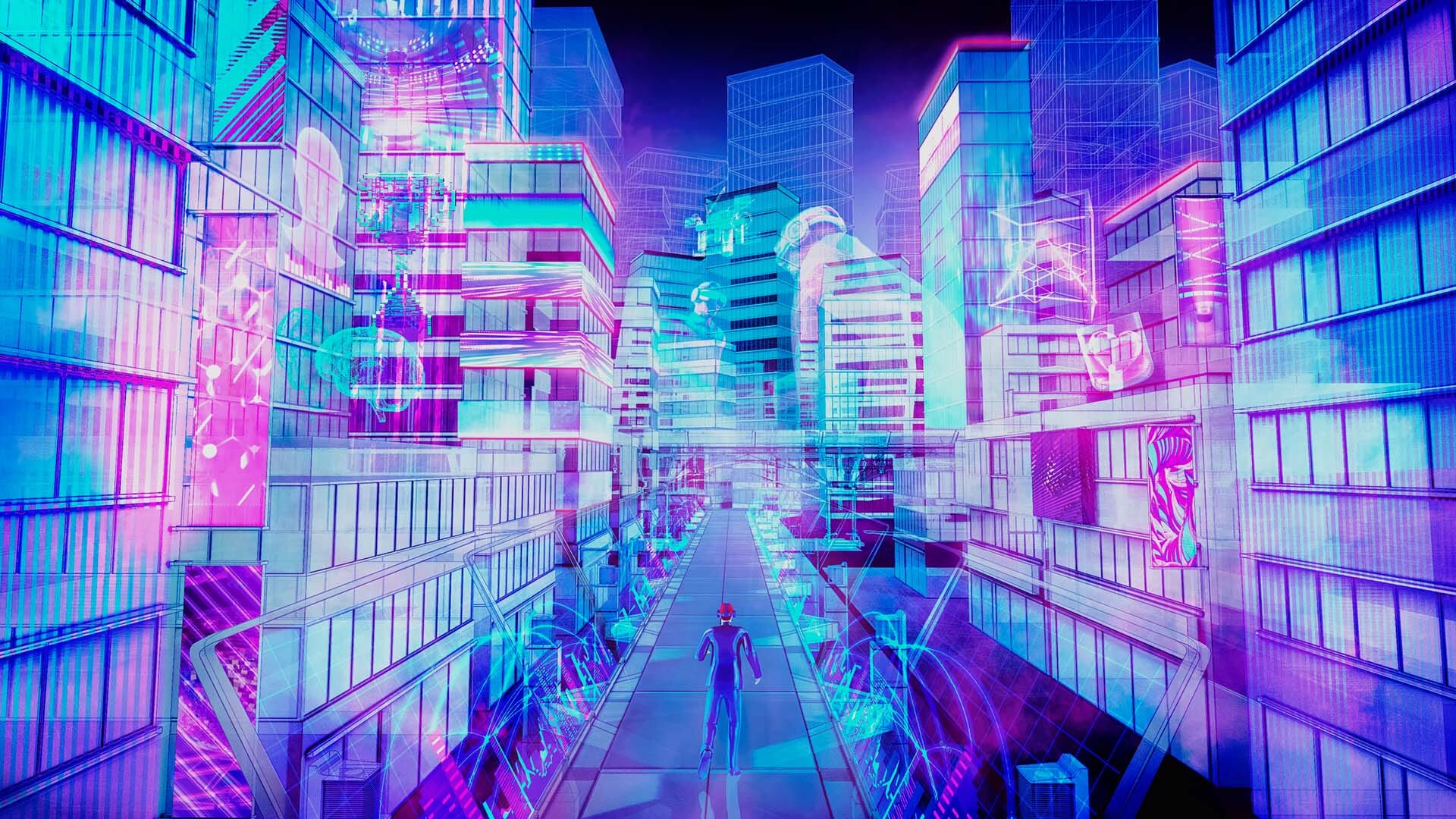 Credit: Athitat Shinagowin / Shutterstock
Credit: Athitat Shinagowin / ShutterstockWhat is the deal between the real estate market and the metaverse?
Applications range from the virtualisation of real projects to the creation of a parallel world
March 31, 2022Real Estate
About a month ago, the sale of a virtual piece of land for 2.4 million dollars was highlighted in GRI Club’s Real Estate Brazil weekly newsletter as the biggest real estate transaction in the metaverse so far. To give a sense of how significant - and, why not, crazy - this is, the Decentreland property was traded for a price higher than actual land situated in New York.
But what's the point of spending millions of dollars on something that only exists in a virtual world? For the expert Gustavo Zanotto, startup mentor and co-founder of Café Imobiliário, the popularization and facility of negotiating virtual real estate - in contrast to the real deal - means that the metaverse will be more than a passing fad.
"Like the domain name dispute during the early days of the internet, investors who buy virtual properties in prime locations in the metaverse will be ahead of the curve and reaping more benefits as more people become interested in the online world,” he says.
Still according to Zanotto, real estate investment companies are delving into the metaverse in a quest to learn about how they can develop businesses to obtain returns in virtual real estate applications.
The founder and CEO of iTeleport proptech, Francisco Toledo, uses the same comparison with the domains in the beginning of the internet to explain the race for virtual real estate, which is already attracting large global real estate companies such as RE/MAX. "In the metaverse, blocks are built around a shopping centre, as occurs in video games. The closer you get to this centre, the greater the flow of people, like in the real world," he says.
By this logic, the buying and selling of virtual land is no longer just speculation: "There is an economy around the metaverse. Today, it is based on the sale of virtual items (the NFTs). Big tech founders believe people will spend up to two hours a day in the virtual world. We are now seeing a whole generation of children immersed in Minecraft, which is one of the greatest examples of the metaverse today", confirms Toledo.
If the trend is confirmed, instead of simply buying clothes and accessories for the avatars of the games, there will be a complete environment in which people will be serviced by virtual brokers who sell virtual lands where virtual stores can be created that sell virtual goods, but with real value; or in these lands, the focus will be on advertising.
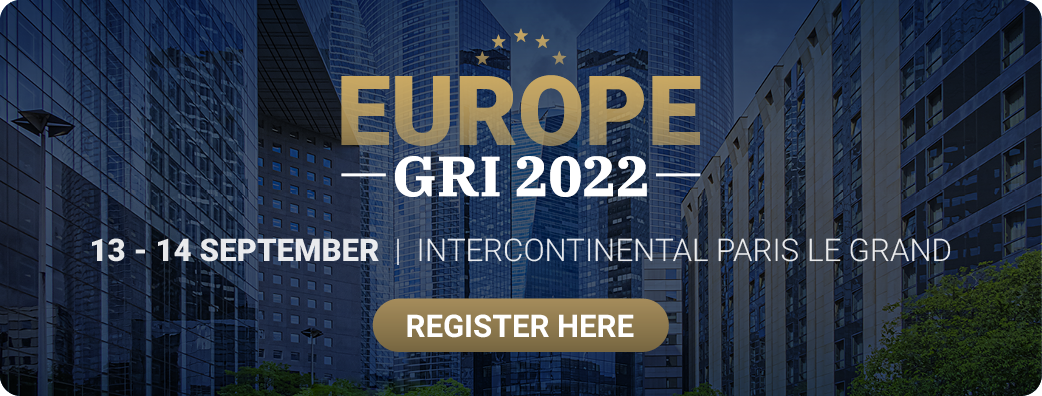
This is the path pursued by Tecnisa: the construction company is working on a metaverse model for selling apartments. “The sale will take place within the virtual world. There will be an avatar and the consumer will be attended to in a virtual showroom. What I can say is that it will enhance the experience - without excluding all that we offer today - to perhaps help us have better sales conversion”, says Alexandre Mangabeira, Executive Incorporation Director.
Without going into further details, the executive states that the news will be launched in the first semester of 2022. Meanwhile, Tecnisa already offers a platform for customising the apartments for customers after purchasing the property, an experience that is also completely virtual.
“For us, the metaverse is not just a matter of buying or selling land in this separate world. In this platform we developed, the client experiences a near 3D photograph of the development, with multiple possibilities to make changes in the property, from floor tiling to bathroom fixtures and fittings, etc.”
At the moment, the technology is being applied at Auguri Mooca, and will also be available to clients in upcoming launches, according to Mangabeira. "The impression I have is that by providing this experience to the client, it is easier to close a sale. It is a less convincing job".
It works like this: once the sale of the unit is closed, the client is invited to access the platform together with Tecnisa design and architecture professionals to customise it. The experience has no extra cost - the difference in value is according to the changes made - and access can happen from any computer.
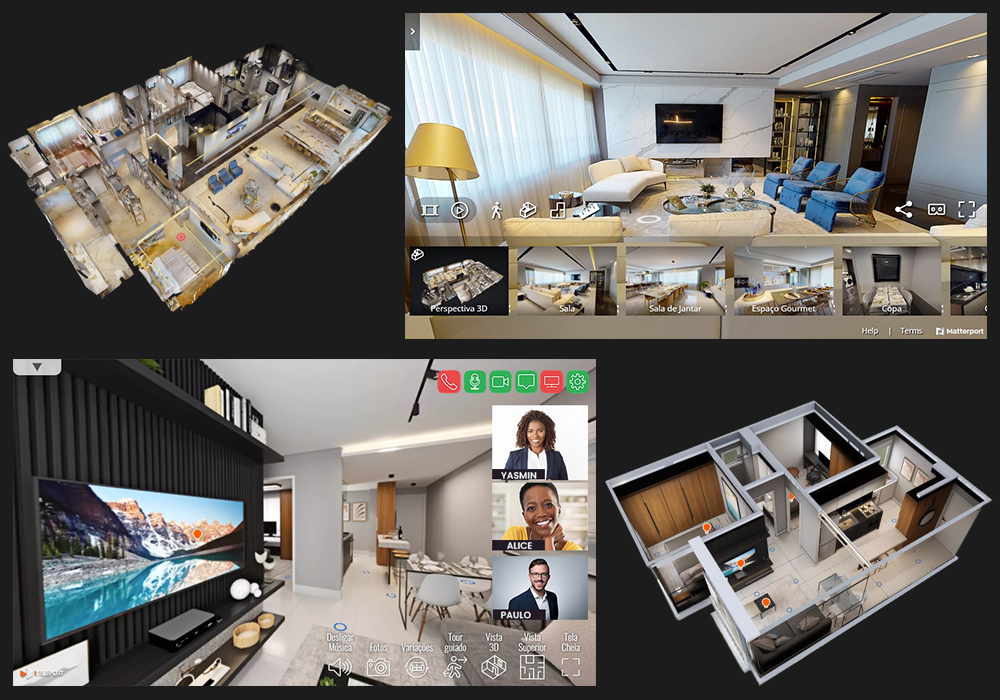
Virtual experiences offered by iTeleport. Photo: Publicity/iTeleport
After 6 years in the market, iTeleport operates precisely with the provision of virtual experiences to potential buyers of real estate, using technologies such as virtual reality and augmented reality. "We digitise entire neighbourhoods and developments' blueprints, allowing the customer to have a realistic view of the spaces, the view from each room, leisure areas, as well as to customise the unit," says the startup CEO.
Initially focused on real estate, iTeleport currently has 95% of its revenue from contracts with developers, whether to digitise finished properties and assist in remarketing campaigns, or to create the virtual experience in projects that are yet to be built.
This piece was originally written in Portuguese by Henrique Cisman, and translated into English by Roberta Gomes
But what's the point of spending millions of dollars on something that only exists in a virtual world? For the expert Gustavo Zanotto, startup mentor and co-founder of Café Imobiliário, the popularization and facility of negotiating virtual real estate - in contrast to the real deal - means that the metaverse will be more than a passing fad.
"Like the domain name dispute during the early days of the internet, investors who buy virtual properties in prime locations in the metaverse will be ahead of the curve and reaping more benefits as more people become interested in the online world,” he says.
Still according to Zanotto, real estate investment companies are delving into the metaverse in a quest to learn about how they can develop businesses to obtain returns in virtual real estate applications.
The founder and CEO of iTeleport proptech, Francisco Toledo, uses the same comparison with the domains in the beginning of the internet to explain the race for virtual real estate, which is already attracting large global real estate companies such as RE/MAX. "In the metaverse, blocks are built around a shopping centre, as occurs in video games. The closer you get to this centre, the greater the flow of people, like in the real world," he says.
By this logic, the buying and selling of virtual land is no longer just speculation: "There is an economy around the metaverse. Today, it is based on the sale of virtual items (the NFTs). Big tech founders believe people will spend up to two hours a day in the virtual world. We are now seeing a whole generation of children immersed in Minecraft, which is one of the greatest examples of the metaverse today", confirms Toledo.
If the trend is confirmed, instead of simply buying clothes and accessories for the avatars of the games, there will be a complete environment in which people will be serviced by virtual brokers who sell virtual lands where virtual stores can be created that sell virtual goods, but with real value; or in these lands, the focus will be on advertising.

Metaverse and real estate market
According to Zanotto, in addition to the aforementioned applications, there are infinite possibilities in the real estate market around the sale of units. “We have a meeting place for products and services for the end customer, that allows them to save time and travel resources. An experience like in the physical world, but with more convenience and security”.This is the path pursued by Tecnisa: the construction company is working on a metaverse model for selling apartments. “The sale will take place within the virtual world. There will be an avatar and the consumer will be attended to in a virtual showroom. What I can say is that it will enhance the experience - without excluding all that we offer today - to perhaps help us have better sales conversion”, says Alexandre Mangabeira, Executive Incorporation Director.
Without going into further details, the executive states that the news will be launched in the first semester of 2022. Meanwhile, Tecnisa already offers a platform for customising the apartments for customers after purchasing the property, an experience that is also completely virtual.
“For us, the metaverse is not just a matter of buying or selling land in this separate world. In this platform we developed, the client experiences a near 3D photograph of the development, with multiple possibilities to make changes in the property, from floor tiling to bathroom fixtures and fittings, etc.”
At the moment, the technology is being applied at Auguri Mooca, and will also be available to clients in upcoming launches, according to Mangabeira. "The impression I have is that by providing this experience to the client, it is easier to close a sale. It is a less convincing job".
It works like this: once the sale of the unit is closed, the client is invited to access the platform together with Tecnisa design and architecture professionals to customise it. The experience has no extra cost - the difference in value is according to the changes made - and access can happen from any computer.

Virtual experiences offered by iTeleport. Photo: Publicity/iTeleport
After 6 years in the market, iTeleport operates precisely with the provision of virtual experiences to potential buyers of real estate, using technologies such as virtual reality and augmented reality. "We digitise entire neighbourhoods and developments' blueprints, allowing the customer to have a realistic view of the spaces, the view from each room, leisure areas, as well as to customise the unit," says the startup CEO.
Initially focused on real estate, iTeleport currently has 95% of its revenue from contracts with developers, whether to digitise finished properties and assist in remarketing campaigns, or to create the virtual experience in projects that are yet to be built.
This piece was originally written in Portuguese by Henrique Cisman, and translated into English by Roberta Gomes

